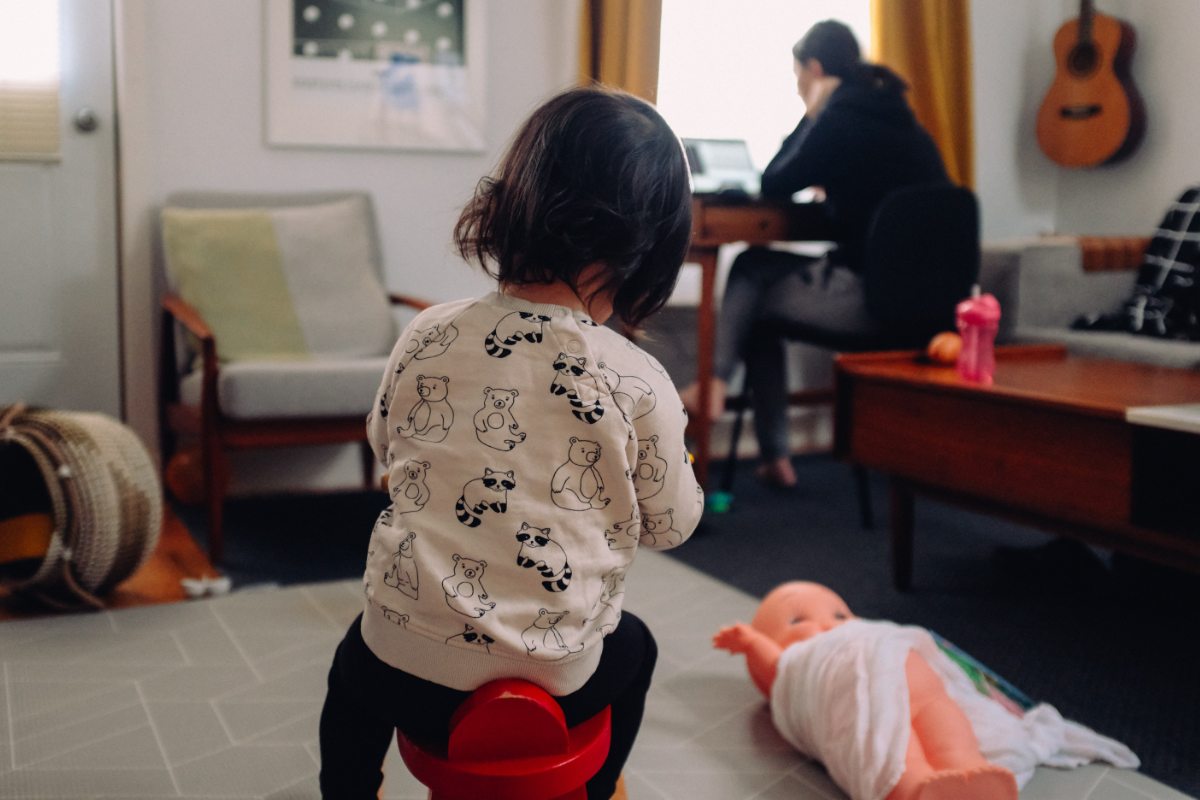
Photo: PiPA
Parents and carers in the performing arts face growing pay gap
Report finds evidence of unsustainable working conditions and a growing pay disparity for parents and carers working in the performing arts.
Parents and carers in the performing arts are earning on average £7,000 less than workers without caring responsibilities, according to the findings of a new report.
The second edition of the Parents and Carers in Performing Arts (PiPA) benchmark survey, Balancing Act: Take Two, commissioned by Birkbeck University of London, highlights unsustainable working conditions, a growing pay disparity and the significant toll of work-life imbalance on mental health and overall wellbeing for parents and carers working in the industry.
It found the "pay penalty" has more than doubled since 2018, at the time of the first survey. PiPA recorded the median salary for parents and carers in 2023 at £18,000 versus £25,000 for those without caring responsibilities, compared to 2018, when parents and carers earned £20,000 compared to £23,000 for non-parents or carers.
READ MORE:
- Performing arts workers facing ‘significant' childcare challenges
- Women in theatre 'still impacted by the pandemic'
Despite the differential, almost nine out of 10 respondents (88%) said they have had to turn down work due to caring responsibilities. A total of 1,250 UK-based performing arts, on-stage, backstage, administrative and executive, employed and self-employed workers, including over 1,000 parents and carers, took part in the survey.
The research also found six out of 10 employees (63%) and seven out of 10 (71%) freelancers said working in the performing arts affected their decision-making around starting a family. Almost two thirds (64%) of freelancers believe having a child would limit their career opportunities.
Professor Almuth McDowall from Birkbeck’s Department of Organisational Psychology, who led the research, said it was “sobering” to analyse the data.
“Working conditions in the performing arts are not sustainable. It’s now more difficult than five years ago to sustain a living wage,” McDowall said. “Conditions have become more insecure and precarious, and people’s family planning choices are affected.”
Mental health
The survey findings suggest the impact that balancing caring with working has on mental health and wellbeing is worsening over time.
In these latest results, six out of 10 people were concerned about losing their job in the near future, compared with four out of 10 (44%) in 2018. Similarly, six out of 10 people (60%) reported difficulty managing both work and family, compared with 48% in 2018.
However, the research did note an increase in employer support. During the latest survey, 21% of respondents said a supportive employer had helped them continue working in 2023, compared with just 4% in 2018.
“It’s encouraging that we are seeing evidence of increased support from employers but it’s not enough – the situation is desperate for so many families,” said Cassie Raine, PiPA Co-Founder and Executive Director.
“People can't work because they're looking after loved ones, so they're left with no choice but to turn down jobs, borrow money, and even rely on food banks. These are tough times for the sector but parents and carers can’t be the collateral damage, especially as we have the solutions at PiPA that we know make a difference.”
Recommendations
PiPA is proposing a series of recommendations to support parents and carers in the performing arts.
They include providing flexible, ad-hoc childcare provision that is subsidised and accessible for freelancers and embedding inclusive working practices and additional support, including for freelancers with caring responsibilities.
The organisation is also calling for return to work provision for freelancers after pregnancy or other caring-related leave and equitable parental and caring policies for freelancers to be developed, such as paternity allowance, shared parental leave and carers leave.
“If we want work on the stage to reflect UK society, then urgent action is required from government, policy makers and employers,” McDowall added.
Join the Discussion
You must be logged in to post a comment.